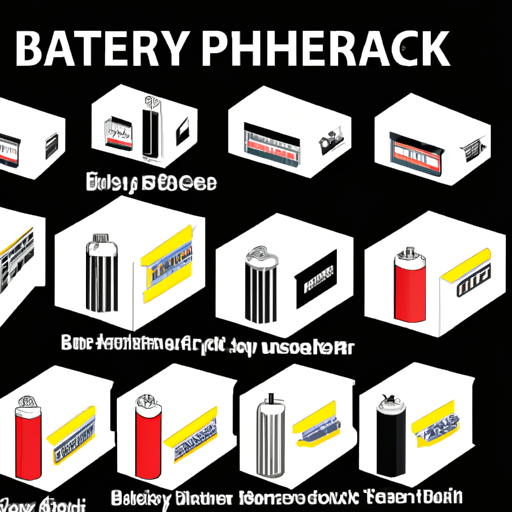Certainly! Below is a detailed summary of core functional technologies and application development cases related to battery packs, highlighting their effectiveness across various sectors.
Core Functional Technologies of Battery Packs
| 1. Lithium-Ion Technology | |
| 2. Solid-State Batteries | |
| 3. Nickel-Metal Hydride (NiMH) Batteries | |
| 4. Flow Batteries | |
| 5. Battery Management Systems (BMS) | |
| 6. Wireless Charging Technology | |
| 1. Electric Vehicles (EVs) | |
| 2. Renewable Energy Storage | |
| 3. Consumer Electronics | |
| 4. Medical Devices | |
| 5. Drones and Robotics | |
| 6. Grid-Scale Energy Storage | |
| 7. Smart Grids | |
Application Development Cases
Conclusion

Battery packs are pivotal in driving technological advancements across various sectors, from consumer electronics to electric vehicles and renewable energy systems. The continuous development of new materials, chemistries, and management systems enhances their effectiveness, safety, and sustainability. As the demand for energy storage solutions grows, innovations in battery technology will play a crucial role in shaping the future of energy consumption and production, paving the way for a more sustainable and efficient energy landscape.
Certainly! Below is a detailed summary of core functional technologies and application development cases related to battery packs, highlighting their effectiveness across various sectors.
Core Functional Technologies of Battery Packs
| 1. Lithium-Ion Technology | |
| 2. Solid-State Batteries | |
| 3. Nickel-Metal Hydride (NiMH) Batteries | |
| 4. Flow Batteries | |
| 5. Battery Management Systems (BMS) | |
| 6. Wireless Charging Technology | |
| 1. Electric Vehicles (EVs) | |
| 2. Renewable Energy Storage | |
| 3. Consumer Electronics | |
| 4. Medical Devices | |
| 5. Drones and Robotics | |
| 6. Grid-Scale Energy Storage | |
| 7. Smart Grids | |
Application Development Cases
Conclusion

Battery packs are pivotal in driving technological advancements across various sectors, from consumer electronics to electric vehicles and renewable energy systems. The continuous development of new materials, chemistries, and management systems enhances their effectiveness, safety, and sustainability. As the demand for energy storage solutions grows, innovations in battery technology will play a crucial role in shaping the future of energy consumption and production, paving the way for a more sustainable and efficient energy landscape.













